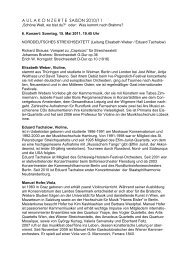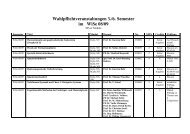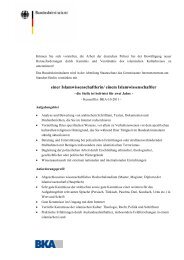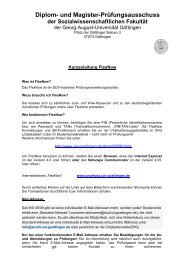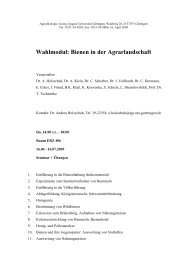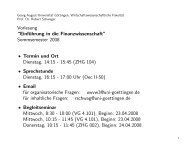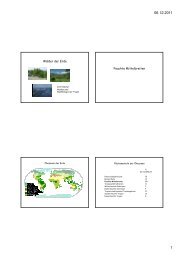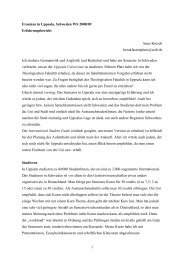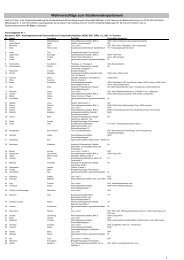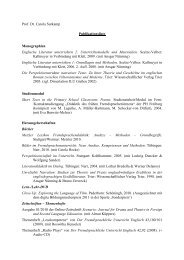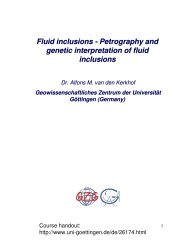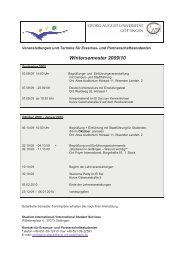The OMC inclusion and national social NGOs: From enthusiasm to ...
The OMC inclusion and national social NGOs: From enthusiasm to ...
The OMC inclusion and national social NGOs: From enthusiasm to ...
You also want an ePaper? Increase the reach of your titles
YUMPU automatically turns print PDFs into web optimized ePapers that Google loves.
develop a consultative mechanism. It was not possible due <strong>to</strong> political reasons” 15 . Politicalac<strong>to</strong>rs do simply not wish <strong>to</strong> implement a process established by another political majority 16 .Unsatisfied with their consultation by the central administrations, <strong>NGOs</strong> in both memberstates have asked for regular working groups within the respective administrations <strong>to</strong> beestablished. This was the case in Germany in 2002, <strong>and</strong> in 2003 in France. In both cases, therequest was rejected, or, as in the French case, where a letter was sent, not even answered.Turning <strong>to</strong> the issue of information gathering <strong>and</strong> learning, the results are quitedisillusionating. Information about other member states’ policies <strong>and</strong> so-called good practicesis provided in the NAPs; this information is meant <strong>to</strong> support supra<strong>national</strong> learning processesby providing inspiration for domestic policies from abroad. Two thirds of the intervieweeshad not seen a single other NAP, the rest indicated having seen a few. Equally, only a few hadtaken notice of the Joint Reports of the Commission <strong>and</strong> the Council. Those who hadacknowledged a few NAPs stated that they did not influence own approaches <strong>and</strong> that the“good practices” were of limited use. This scepticism is widely shared, stemming fromdomestic experiences. In France, the successive governments did never include a single NGOpractice in their NAPs but restricted themselves <strong>to</strong> governmental programmes. In Germany,the <strong>NGOs</strong> succeeded <strong>to</strong> place a good amount of practices in one of the annexes (not as official“good practice”) of the NAP 2003-2005. <strong>NGOs</strong> generally criticise that these “good practices”are not sufficiently contextualised, lack information on their financing, <strong>and</strong> that it is not clearwhether the target groups would also qualify the policies as “good practices”. <strong>The</strong> scepticism<strong>to</strong>wards the NAPs is also inspired by the domestic experiences insofar as these are seen asgovernmental reports, aligning policies already in place with a marked tendency <strong>to</strong> keep silentabout shortcomings <strong>and</strong> difficulties of the governmental policies. Finally, some intervieweesmentioned the language barrier as a reason for not having read other NAPs.For <strong>NGOs</strong>, <strong>and</strong> in both member states, “learning” seems <strong>to</strong> have meant <strong>to</strong> discover theEuropean dimension of the fight against poverty <strong>and</strong> <strong>social</strong> exclusion. This is stated by severalof the interviewees in both member states. Here, without any doubt, EAPN <strong>and</strong> its <strong>national</strong>branches have played a pivotal role in disseminating information <strong>and</strong> mobilising theirmembers.15 Interview Direction Générale de l’Action Sociale (DGAS), September 2005. <strong>The</strong> DGAS is the coordina<strong>to</strong>r ofthe process in France.16 Interview NGO key officer, September 2005.



